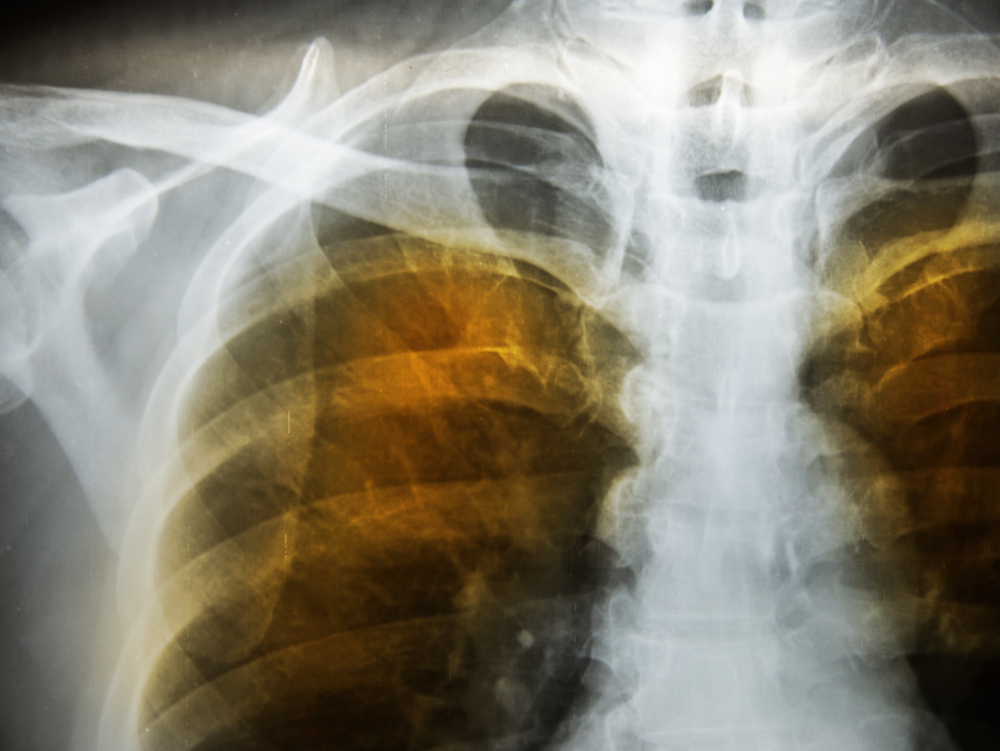
What is being tested?
Trypsinogen is a proenzyme, an inactive precursor to the proteolytic enzyme trypsin. Normally, trypsinogen is produced in the pancreas and transported to the small intestine. In the small intestine, it is activated, turned into trypsin by an enzyme in the intestinal mucosa, forming a powerful chemical responsible for breaking down the protein in food into smaller pieces called peptides.
It is part of the newborn screening program, and is used to screen for cystic fibrosis.
How is it used?
Immunoreactive trypsin (IRT) is used to selectively screen for cystic fibrosis (CF) in new-born infants.
When is it requested?
This test is used as part of a newborn screen for cystic fibrosis, in cases of meconium ileus (no stools in the first 24 to 48 hours of life), where there are other symptoms and signs suggestive of CF or where a baby is known to be at high risk of having the condition.
IRT testing is not diagnostic; there are a number of false positives and diseases other than CF and pancreatic dysfunction that can cause a positive IRT. An elevated level must be followed with other testing. When diagnosing CF this may include CF gene mutation testing and/or sweat chloride testing.
What does the result mean?
IRT testing is only useful for screening - it is not diagnostic. There is a substantial rate of false positives due to diseases other than CF and pancreatic dysfunction. An elevated level must be followed with other testing to establish a diagnosis. This may include CF gene mutation testing and/or sweat chloride testing.
If the IRT level is negative but the baby is symptomatic, other testing for CF such as sweat chloride and/or CF gene mutation testing may be considered.
Is there anything else I should know?
IRT testing will not identify CF carriers. Their trypsinogen production and function will not be affected. In patients who do have CF, the degree of IRT elevation does not reflect the severity of the disease.
Common questions
Your doctor may request a stool test for faecal fat or faecal elastase or chymotrypsin or a blood test for amylase or rarely lipase to look at other aspects of pancreas and digestive function.
More information
What is Pathology Tests Explained?
Pathology Tests Explained (PTEx) is a not-for profit group managed by a consortium of Australasian medical and scientific organisations.
With up-to-date, evidence-based information about pathology tests it is a leading trusted source for consumers.
Information is prepared and reviewed by practising pathologists and scientists and is entirely free of any commercial influence.